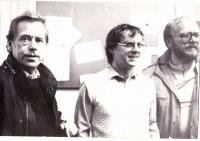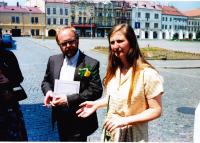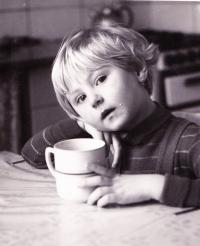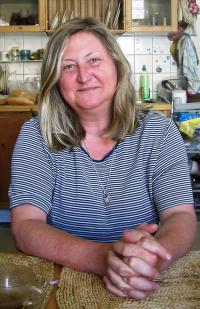I try to see life and the people around me as enthusiastically as I did in my childhood
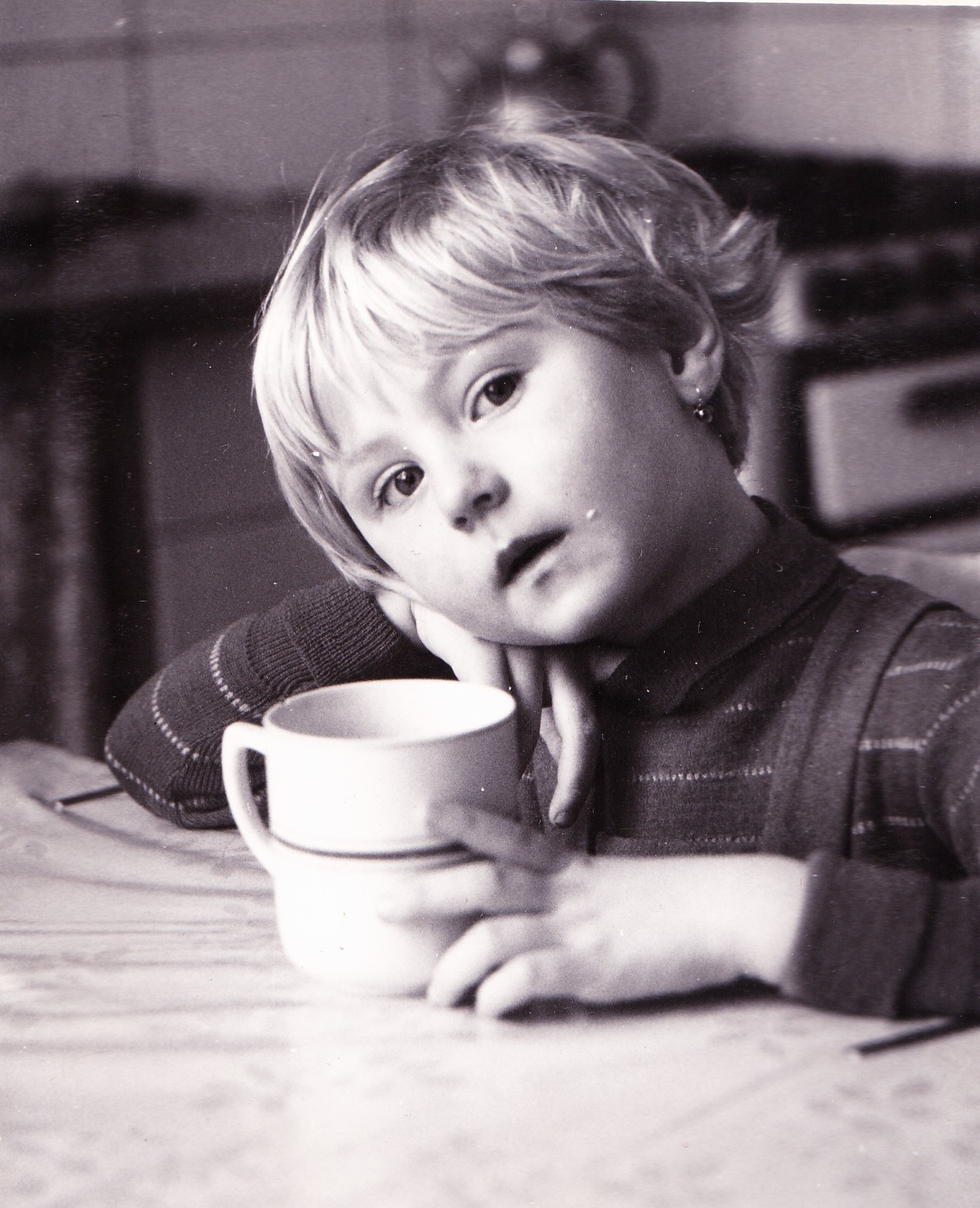
Download image
Krintina Cerna, born Kristina Lukasova, is a sucessful psychologist with a long and colorful career. She was also a poet and translator, born on 14th July 1959 in Kromeriz, however, she spent half of her life in Bratislava. There, she experienced the biggest reversals in Czech history. In her life, she went through changes such as the occupation of CSR by Soviet forces, regime pressure from KSC, the revolution, and post revolutionary reactions. She was significantly influenced by dissolution of Czechoslovakia in 1992, when she moved with her husband and little son to Prague. Now she still lives in Prague, she has 2 children and she goes on with translation, poetry and her employment in private psychological counselling.

